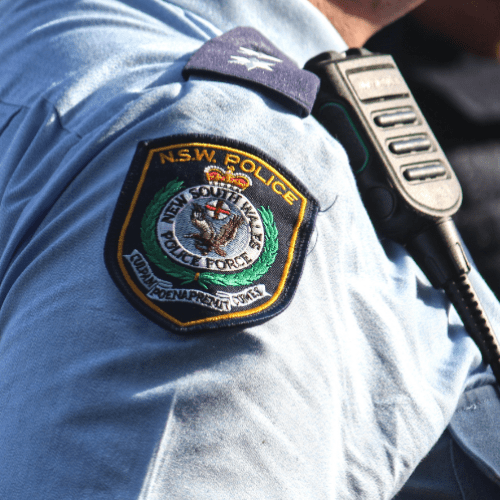Former NSW Police commissioner Mick Fuller and NSW Chief Scientist and Engineer Mary O’Kane will head an inquiry into the state’s flood crisis.
Acting Premier Paul Toole announced the independent inquiry to investigate the causes of, preparedness for, response to and recovery from, the catastrophic flood event.
There has been widespread criticism of the handling of the crisis after people were left stranded on roofs in Lismore in the state’s northeast after it was inundated with a record 14.37m flood on February 28.
Many people ended up being rescued by fellow residents on private watercraft, nine people died, thousands lost their homes and many were uninsured because of the high cost of premiums.
The inquiry will report on the causes of, and factors contributing to, the frequency, intensity, timing and location of floods as well as the preparation and planning by agencies and the community for floods.
It will also scrutinise the emergency response, particularly measures to protect life, property and the environment.
The inquiry will also probe the transition from incident response to recovery, including housing, clean-up, financial support, community engagement and longer-term community rebuilding.
The inquiry could make recommendations on the safety of emergency services and community emergency responders, as well as the future land use planning and management and building standards in flood prone areas.
It will recommend actions to adapt to future flood risks for communities as well as co-ordination and collaboration between all levels of government.
Mr Toole said the review would ensure NSW could quickly get on with improving its preparation for, and response to flood risks.
“This inquiry is an important step in that process,” he said on Monday.
“No two floods are the same and there is no formulaic response, but when it comes to natural disasters we can never be too prepared.”
The inquiry will report to Premier Dominic Perrottet on the causes, land use planning and management by June 30 and on all other matters by September 30.
“The reviewers will travel to and consult directly with affected communities, and details of public consultation and submission making opportunities will be published soon,” Mr Toole said.
© AAP 2022










